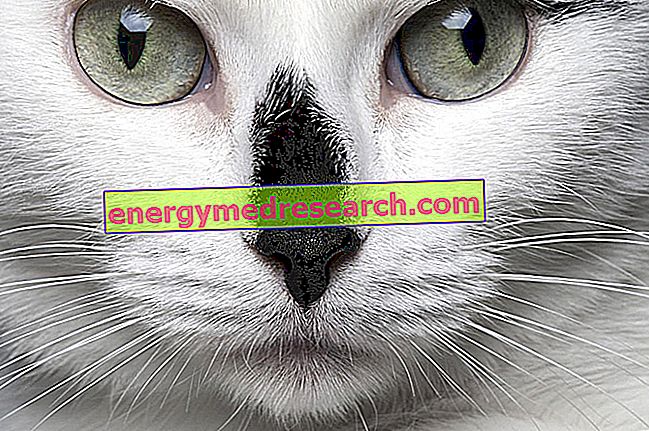Related articles: Atrial flutter
Definition
Atrial flutter is a supraventricular ectopic arrhythmia (the alteration of the heart rhythm does not originate in the atrial sinus node, but in another point of the atrium).
At the base, there is a return of the electrical stimulus inside the atrium, which generates a very rapid atrial activation (up to 250-350 pulses per minute, typically 300), but rhythmic. Given that the atrioventricular node is unable to conduct at this speed, generally only 50% of the pulses are transmitted (AV block 2: 1). The atrioventricular node, in fact, practically plays a role of protective filter with respect to a too fast atrial activation. The increase in the contractions of the atria therefore corresponds to a regular depolarization of the ventricles (equal to about 150 beats / min in the case of AV 2: 1 block). Therefore, the patient may experience an abnormal and accelerated heartbeat. There may also be palpitations, chest pain, breathlessness, weakness, dizziness and fainting. However, when the ventricular rate is less than 120 pulses per minute and is regular, symptoms are likely to be poor or zero.
However, asymptomatic atrial flutter is a danger due to the possibility of thrombo-embolic events. Another risk is the 1: 1 AV block (conduction of all atrial impulses to the ventricle) or the evolution of atrial flutter in atrial or ventricular fibrillation.
Usually, atrial flutter is associated with various cardiovascular diseases, including coronary heart disease, valvular disease, atrial septal defects, prior myocardial infarction and heart failure. Risk factors are high blood pressure, advanced age, stress, alcohol abuse, caffeine and / or drugs and the presence of some lung diseases.
Possible Causes * of atrial Flutter
- COPD
- coronary artery disease
- Pulmonary heart
- Interatrial defect
- Pulmonary embolism
- Heart attack
- Heart failure
- Hypertension
- Hyperthyroidism
- Heart failure



